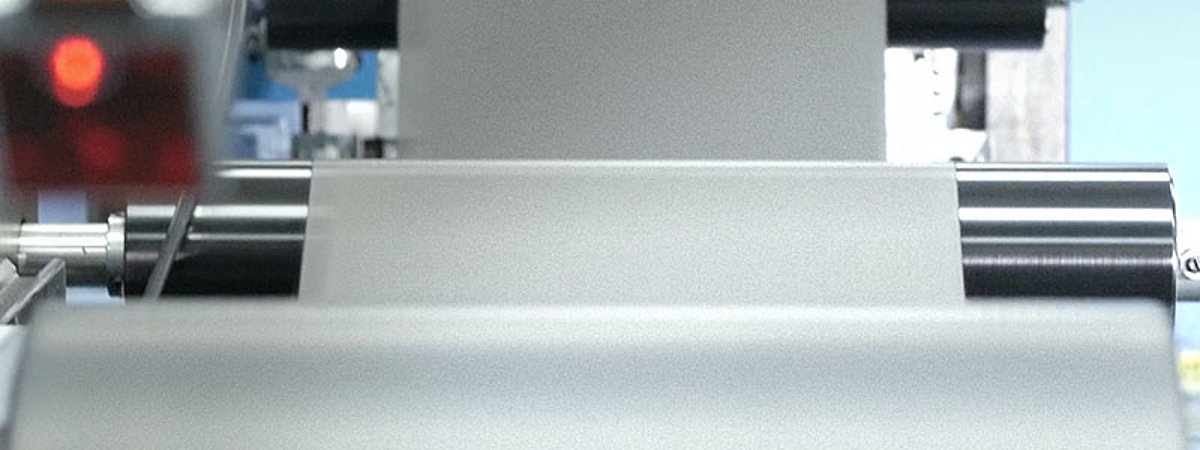Dürr plans pilot plant for dry coating of electrodes

Together with its partners Cellforce and LiCAP, Dürr is implementing a pilot line for the dry coating of electrodes for lithium-ion batteries. Compared to wet coating, solvents and costs are eliminated and energy consumption and CO2 emissions are reduced.
From electric cars to headphones: the demand for lithium-ion batteries is increasing worldwide. However, the production of the required electrodes is energy-intensive and involves the use of toxic solvents. Dürr is therefore breaking new ground with the battery cell manufacturer Cellforce and the US company LiCAP. Together, the three partners are planning an innovative pilot plant for the dry coating of electrode foils at Cellforce in Kirchentellinsfurt. Compared to conventional wet coating, this future technology offers considerable advantages in terms of costs, energy consumption and CO2 emissions. It also eliminates the need for solvents.
Dry instead of wet coating of electrodes
In the production of electrodes, thin metal foils are coated with the cathode and anode material consisting of chemicals. Today, this is usually done with wet material and solvents. In contrast, the plant planned in Kirchentellinsfurt near Stuttgart will work with dry material. This will save up to 40% energy as drying ovens are no longer required. At the same time, production time is reduced by around 20% and CO2 emissions are cut by around 1 tonne for every 10 kilowatt hours of electrode capacity produced. Dr. Jochen Weyrauch, CEO of Dürr AG: "Dry coating has the potential to make battery production significantly more efficient and sustainable. Together with Cellforce and LiCAP, we see ourselves as pioneers for the new technology and its use on an industrial scale."
Dry coating plant for electrodes goes into operation in 2026
Dr. Markus Gräf, COO, and Dr. Heino Sommer, CTO of Cellforce: "LiCAP's Activated Dry Electrode Technology enables significant progress in reducing internal resistance for high-performance cells, minimizing space requirements and significantly lowering CO2 emissions and manufacturing costs. We look forward to continuing to work with Dürr and LiCAP to further develop this highly innovative technology as quickly as possible." The dry coating plant at Porsche subsidiary Cellforce is scheduled to go into operation in 2026. It is based on the patented Activated Dry Electrode process from Californian battery material specialist LiCAP, with whom Dürr has been cooperating since 2023. The dry chemical powder is pressed onto the foils using calendering technology from Dürr's French subsidiary Ingecal. Dürr has already built a similar test plant on a gigawatt scale in Chassieu in the south of France.
